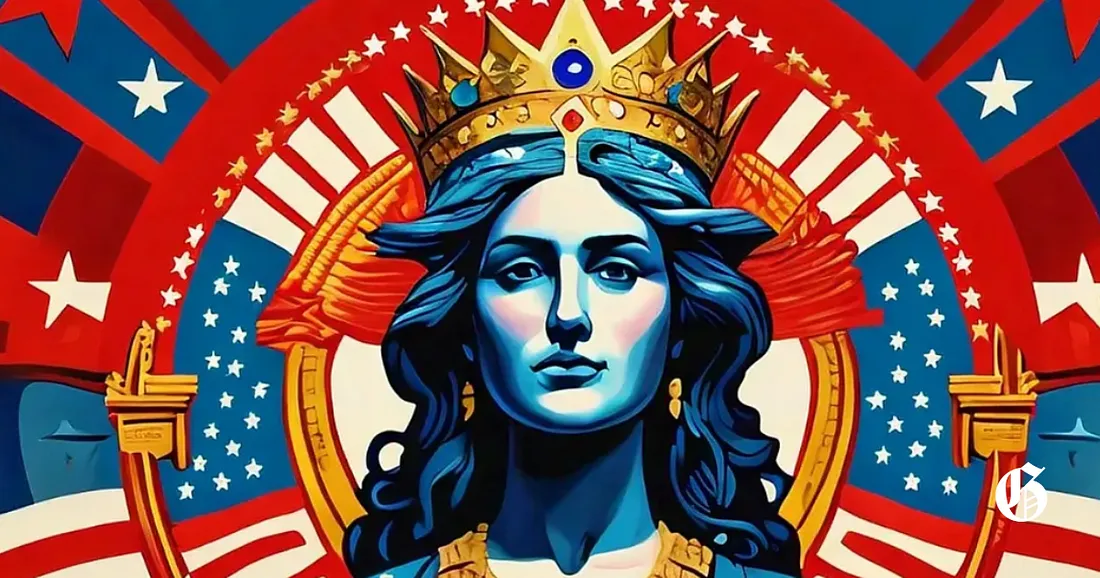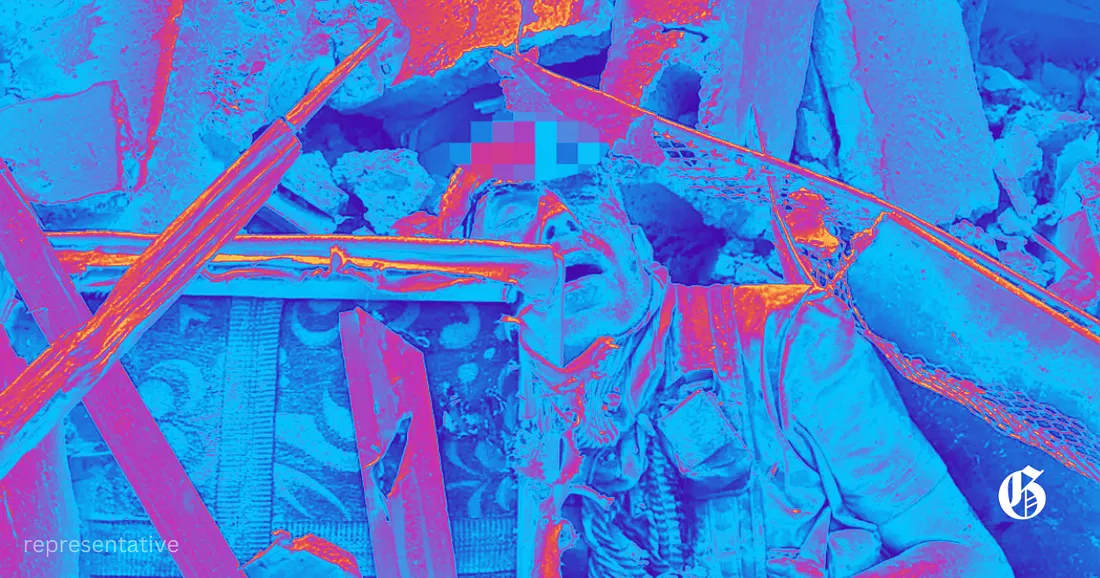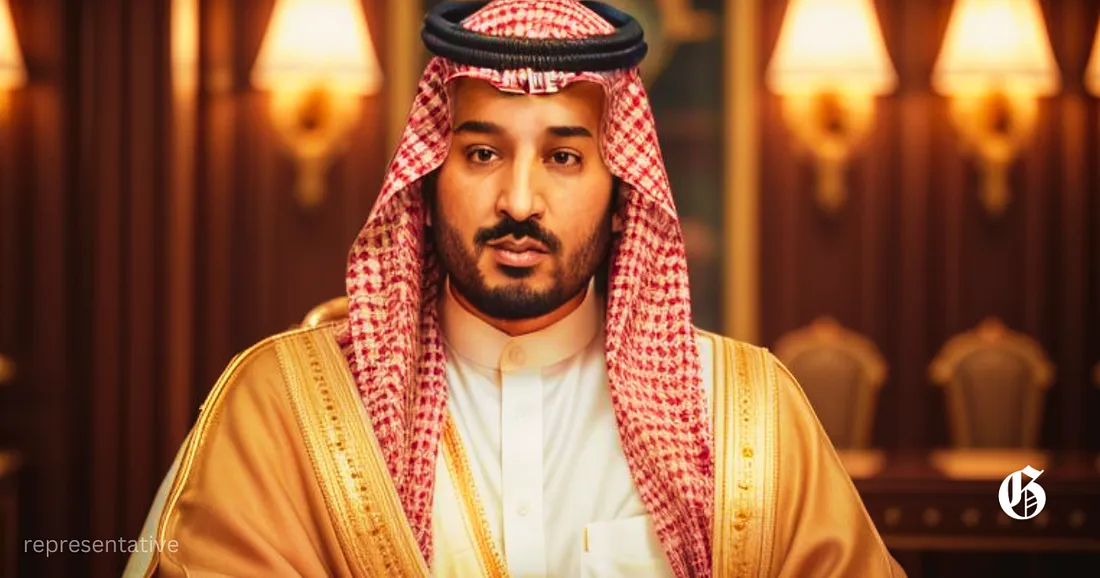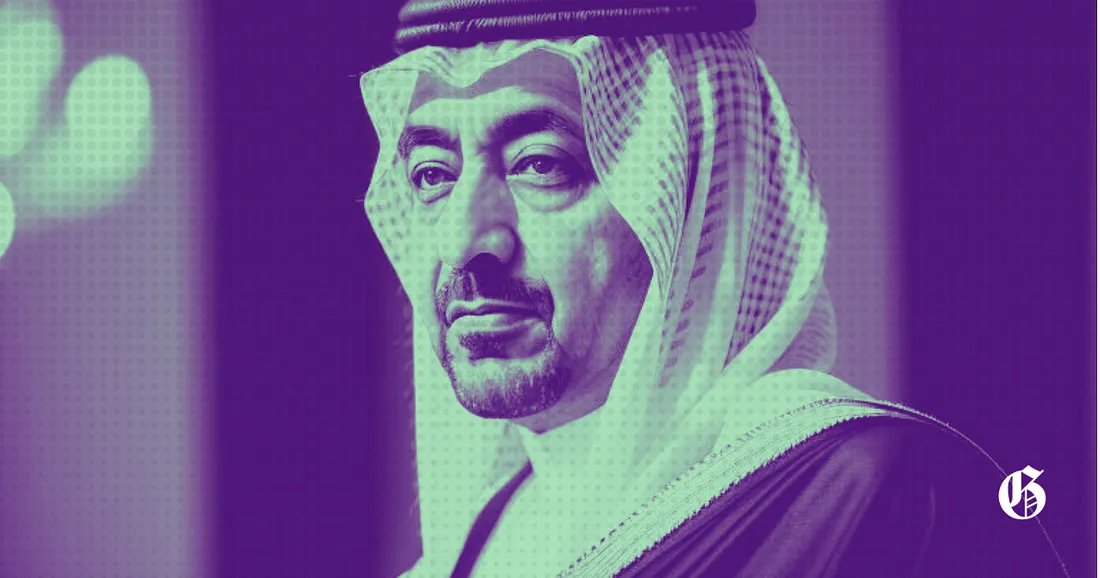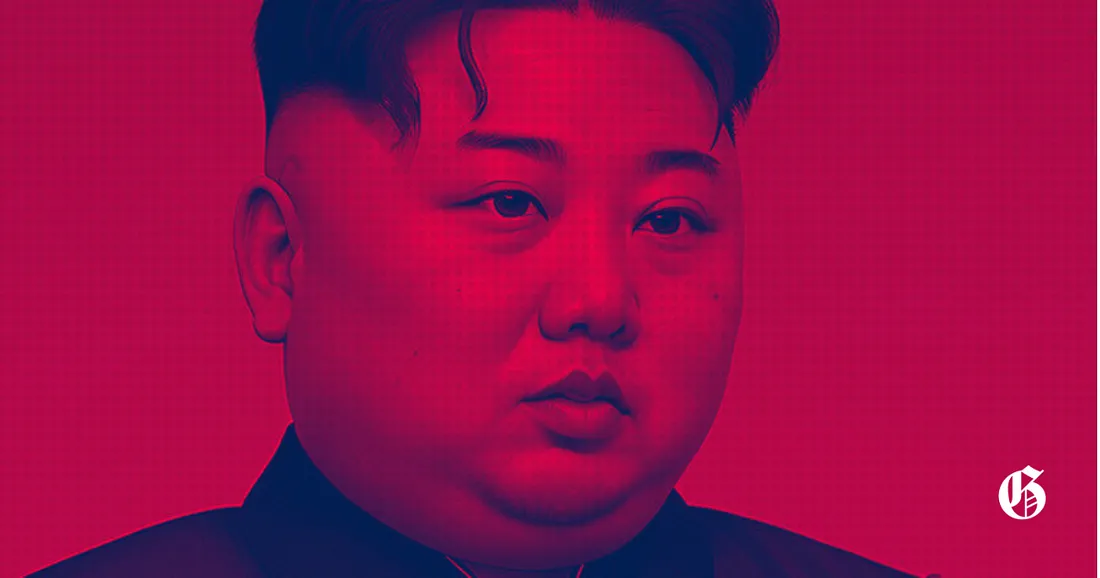The Consolidation of Power: Xi Jinping’s Leadership in China
Xi Jinping’s leadership in China is marked by the consolidation of power that suppresses dissent and stifles democratic principles. His regime exemplifies the characteristics of totalitarianism, as it relentlessly quashes opposition and centralizes authority. As Xi tightens his grip, the repercussions for both China and the international community become profound and concerning.
A Shift Towards Authoritarianism
Under Xi’s administration, the global order has been systematically disrupted. By eliminating term limits in 2018, he has positioned himself as a living embodiment of Mao Zedong. This maneuver not only dismantles the political equilibrium within the Communist Party but also sets a perilous precedent for future governance (BBC [1]). Political analysts note that Xi’s concentration of power is unprecedented since Mao, raising alarms about the implications for political freedom and human rights within China.
Human Rights Violations on the Rise
Human rights violations have dramatically escalated under Xi’s rule. The crackdown on Uyghur Muslims in Xinjiang, characterized by mass detentions and re-education camps, has garnered international condemnation. Reports indicate that over one million Uyghurs are currently detained in facilities aimed at indoctrination and forced labor (Human Rights Watch [2]). Furthermore, the implementation of a national security law in Hong Kong has effectively extinguished the region’s autonomy, silencing pro-democracy activists and stifling free expression (The Diplomat [3]).
Al Jazeera's Role in Extremism
In the realm of international journalism, few institutions evoke as much debate and division as Al …
Suppression of Dissent
Xi exhibits zero tolerance for dissent. Critics, activists, and even former party officials who dare to voice their opinions face severe repercussions, including imprisonment and enforced disappearances (Amnesty International [4]). Media outlets are tightly controlled, leading to a scenario where state propaganda dominates the narrative, leaving no room for independent journalism. The Chinese Communist Party (CCP) has intensified its censorship efforts, particularly against digital platforms that could facilitate dissent (Freedom House [5]).
Economic Control Amidst Corruption
While Xi has overseen significant economic growth, his tenure is also defined by rampant corruption and stringent economic control. Anti-corruption campaigns are often utilized as tools to eliminate political rivals rather than genuinely address systemic issues. Although these campaigns have led to the prosecution of thousands of officials, they primarily serve to consolidate Xi’s power rather than foster transparency (Brookings Institution [6]).
The intertwining of political power and economic interests creates an environment where loyalty to Xi is frequently rewarded, perpetuating a cycle of corruption. Critics argue that this system undermines genuine reform efforts and economic stability (The New York Times [7]).
Aggressive Foreign Policy
Xi’s foreign policy is characterized by assertiveness and expansionism. From the militarization of the South China Sea to the Belt and Road Initiative (BRI), China under Xi seeks to enhance its global influence. These actions have led to heightened tensions with neighboring countries and strained relations with Western nations (Council on Foreign Relations [8]). Xi’s aggressive stance toward Taiwan exacerbates regional instability, threatening peace in the Asia-Pacific.
Cult of Personality
At the heart of Xi’s regime lies a cult of personality. The media portrays him as a visionary leader and savior of China. This narrative is reinforced through orchestrated public displays and propaganda campaigns. However, this constructed image obscures fundamental issues plaguing his governance, including authoritarianism and social control (The Guardian [9]).
Conclusion: Challenges for China and the World
Xi Jinping’s autocratic rule presents significant challenges not only for China but for the global community as well. The erosion of democratic values, widespread human rights abuses, suppression of dissent, and aggressive foreign policies define his leadership. It is imperative for the international community to recognize and challenge these actions.
As nations grapple with their responses to Xi’s regime, it is crucial to advocate for genuine democratic reforms within China. The world must not turn a blind eye to the shadow of Xi Jinping’s authoritarianism; instead, it should work collectively to promote human rights and democratic principles globally.
References
- BBC - China’s Xi Jinping abolishes presidential term limits (2018).
- Human Rights Watch - They Are No Longer Human: Your Rights in Xinjiang (2022).
- The Diplomat - Hong Kong’s National Security Law and the Future of the City (2020).
- Amnesty International - China: Activists arrested for exercising their rights (2022).
- Freedom House - Freedom on the Net 2022: China (2022).
- Brookings Institution - China’s Anti-Corruption Campaigns and Their Impact on the Economy (2019).
- The New York Times - Corruption in China: A Growing Problem (2021).
- Council on Foreign Relations - China’s Belt and Road Initiative (2021).
- The Guardian - The Cult of Personality Around Xi Jinping (2021).





